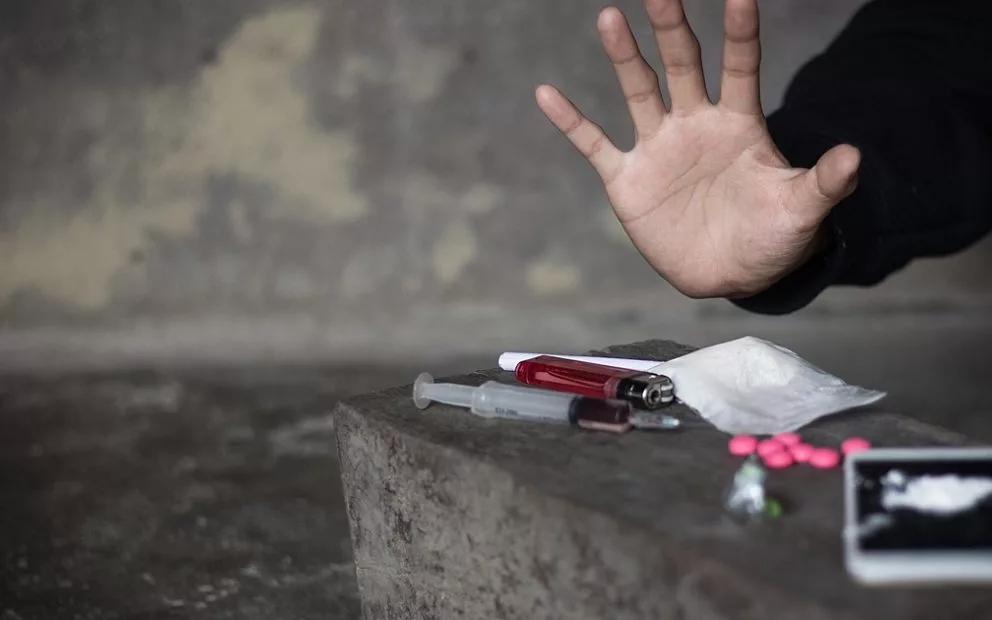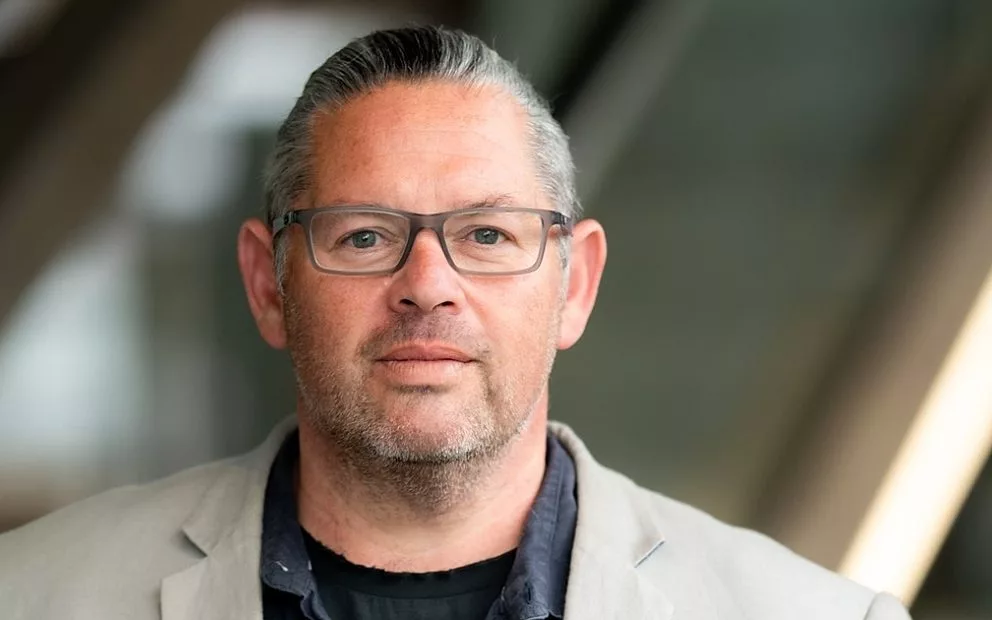A new web-app designed to combat harmful methamphetamine (ice) use among Aboriginal and Torres Strait Islander peoples has been developed by a team of researchers as part of an Australian first study based at SAHMRI.
The ‘We Can Do This’ trial has recently launched around the country and is now seeking hundreds of current ice users to take part in a research project. The project aims to prove the app's effectiveness in reducing ice use and increasing engagement with health services.
The trial is open to anyone 16 and over who identifies as Aboriginal and/or Torres Strait Islander and has recently used methamphetamine.
Project leader, Professor James Ward from the Poche Centre for Indigenous Health and the school of Public Health at the University of Queensland said the app has been developed with the input of Aboriginal people with a lived experience of using ice and is made up of modules addressing a broad range of social, health and psychological factors linked to addiction.
“The questions and strategies in the app are evidence-based and designed to encourage self-reflection, support and practical behavioural strategies, delivered in a culturally relevant format.
“There’s information to help users understand addiction and their experience of having cravings. It also suggests alternatives to using ice,” Professor Ward said.
Professor Ward said some of the main barriers to quitting ice was the lack of culturally appropriate services, stigma and shame and a range of social determinants of health.
“One of the good things about an online resource is you can access it almost anywhere. For those seeking help in regional and remote communities where the nearest alcohol and drug service is far away, at least the app can act as a first port of call,” Professor Ward said.
The trial is being rolled out across every state and territory. Participants will use the app each week for six weeks and fill out a questionnaire once a month for three months to measure how using the app impacts their ice use.
Those involved will be randomised to either start the program straight away or three months after signing up, allowing researchers to gauge the app’s effectiveness.
“The impetus is on the user to seek out services for themselves and the app provides lots of support to help them find those services,” Professor Ward said.
It’s hoped the app will provide a useful piece of the puzzle to help connect those who are struggling to the services they need and play a part in breaking down the stigma that surrounds seeking help.
“Users don’t always want to talk about their drug use and using the app is a proactive step they can take in private,” Professor Ward said.
The latest figures show that ice use is twice as high among Aboriginal and Torres Strait Islander people than for those who are non-indigenous.
For further information please contact:
Pete McDonald
Head of Media & Communications
SAHMRI
M 0402 293 078
E pete.mcdonald@sahmri.com
Callum MacPherson
Media Officer
SAHMRI
M 0419 607 905
E Callum.MacPerson@sahmri.com


